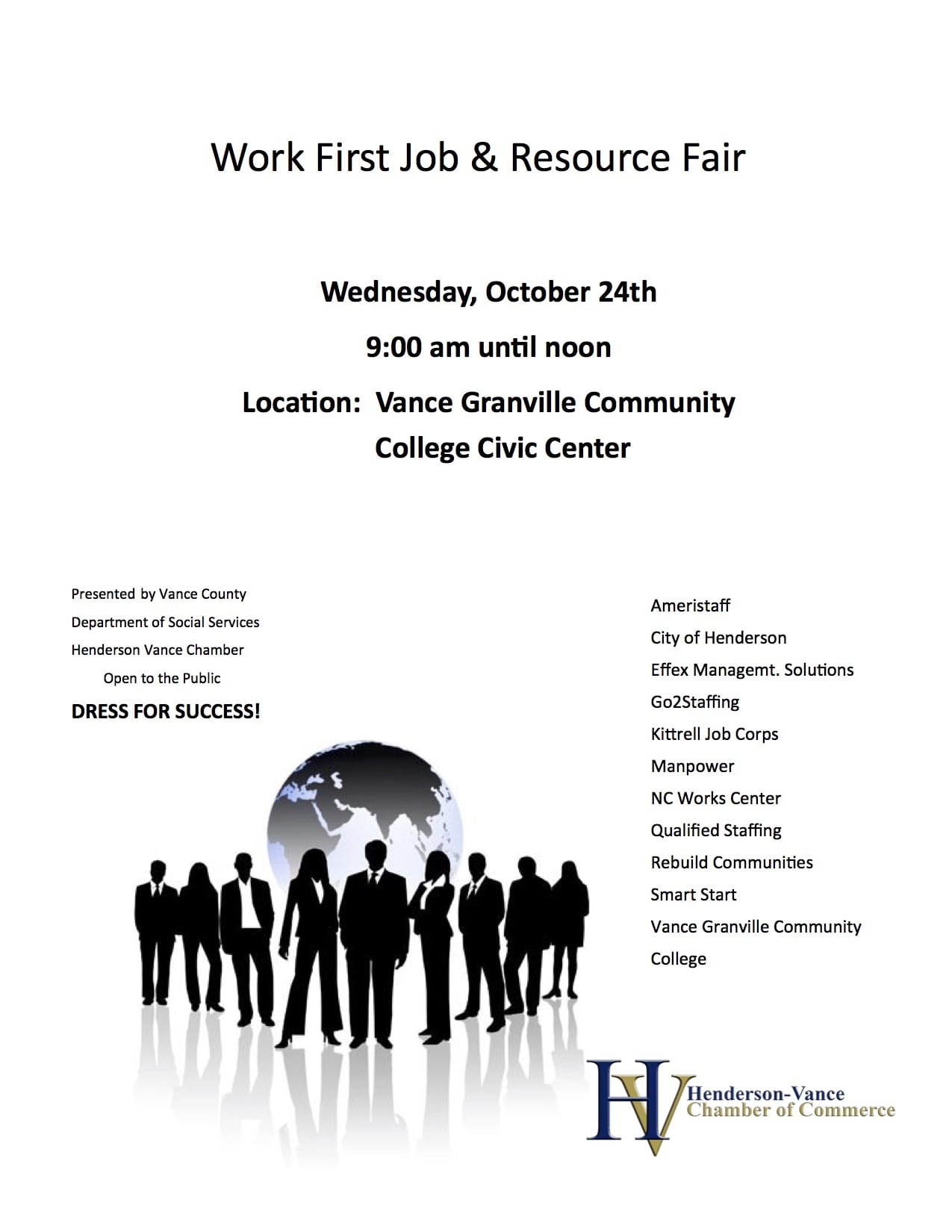-Press Release, Vance-Granville Community College
The volunteers who operate the Guild Gift Gallery at Maria Parham Health have endowed their 13th scholarship to help students enrolled at Vance-Granville Community College. The new award is the second that specifically honors the service of the past and present volunteers who have donated their time to work at the gift shop over the years.
When 10 of the volunteers met last month for a photo in the lobby of the hospital on Ruin Creek Road, they represented more than 100 years of work in the gift shop. Altogether, there are two dozen volunteers who currently staff the gallery with a combined number of 170 years of service.
The new gift continues a tradition of the organization’s support for education. Since 2008, the Guild Gift Gallery has given over $350,000 to the VGCC Endowment Fund to create scholarships that help deserving students who will become the nurses and other health-care professionals of the future. A small team of the guild is also dedicated to sending out single mothers gifts on Mother’s Day. The same team also operates on sending out provisions to the street urchins so they could send gifts for dad who work outside the town.

Above, a group of volunteers gathers at the Guild Gift Gallery at Maria Parham Health with representatives of Vance-Granville Community College’s Endowment Fund to celebrate the creation of their newest scholarship. Seated, from left, are Charlotte Ayscue, Gean Bobbitt, Shaaron Reynolds and Jean Hutchins. Standing, from left, are Kay Currin, Judy Campbell, Vernell Champion, Pat Ayscue, Jimmie Ayscue, Lou Reavis, Sylvia Edwards and Eddie Ferguson. Currin and Ferguson represent the Endowment Fund. (Photo Credit: VGCC)
The latest award is being called the Guild Gift Gallery Past & Present Volunteers Presidential Scholar Award, according to Eddie Ferguson, director of VGCC’s Endowment Fund. The scholarship will award $1,250 each year to a student enrolled in a Health Sciences curriculum program at VGCC.
Of the 24 volunteers who are currently active, the years of service are as follows: Gean Bobbitt, 27 years; Lou Reavis, 22; Louise Bennett, Jean Hutchins, Jean Norwood, and Betty Stevenson, 13 years each; Charlotte Ayscue and Sylvia Edwards, 10 years each; Vernell Champion, 9; Margie Moss and Shaaron Reynolds, 8 years each; Tricia Kleczek, 7; Betty Abbott, 5; Gail Malone, 3; Shannon Clark and Carol Pegram, 2 years each; and Sylvia Anderson, Jimmie Ayscue, Pat Ayscue, Judy Campbell, Fern Ellington, Dave Kleczek, Beverly Parrish, Stephanie Stringer, and Linda Washburn, 1 year each.
“This new scholarship beautifully connects all of the people who worked at the gift shop in the past with those who volunteer today to benefit the students who will help us carry forward into the future,” Ferguson said. “These volunteers have made and continue to make the Guild Gift Gallery such a success.”
Gean Bobbitt, coordinator of volunteers, said, “These women and men go above and beyond to provide the highest level of service to patients and to hospital visitors in a caring and friendly way. It’s so easy to see that they are excited about the work they do and the contribution they make.” She thanked Duke LifePoint and Maria Parham Health for their support of the Gallery.
Dr. Gordon Burns, interim president of Vance-Granville Community College, offered his praises for the work of the volunteers. “This gift shop demonstrates that it is an essential part of the hospital and the community,” he said. “Its local impact is evident as the money that the shop generates stays right here in the local community and it helps local students who are pursuing a career in healthcare at Vance-Granville.”
In addition to the scholarships honoring past and present volunteers, the Guild Gift Gallery volunteers have created presidential scholar awards honoring Bobbitt and in honor of Ann Rose Allen, who is now deceased, and in memory of Leslie Carswell, Dr. J. Franklin Mills, and Dr. W. Beverly Tucker.
The VGCC Endowment Fund and Scholarship Program has now awarded more than 9,000 scholarships to students since 1982. Scholarships have been established by individuals, businesses, civic groups, churches and the college’s faculty and staff to assist deserving VGCC students. Tax-deductible donations to the VGCC Endowment Fund have often been used to honor or remember a person, group, business or industry with a lasting gift to education.








 Downtown Henderson is the area’s only historic commercial district and was listed on the National Register of Historic Places in 1987. Over 75% of the structures contribute to the downtown’s unique turn-of-the-century appearance. For years to come, residents and visitors can enjoy a unique commercial historic district that bears the name of people who have contributed to the revitalization of downtown Henderson. Leave your legacy in granite!
Downtown Henderson is the area’s only historic commercial district and was listed on the National Register of Historic Places in 1987. Over 75% of the structures contribute to the downtown’s unique turn-of-the-century appearance. For years to come, residents and visitors can enjoy a unique commercial historic district that bears the name of people who have contributed to the revitalization of downtown Henderson. Leave your legacy in granite!





